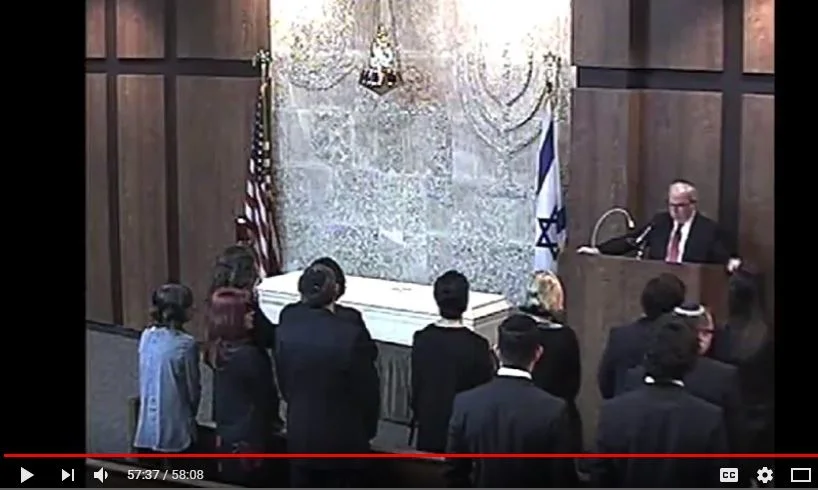The Oleander Initiative has garnered media coverage across the US and Japan. Below are some excerpts:
Finding Hope and Resilience in Hiroshima, Japan
For the hibakusha whom we met, the only way to live through the aftermath was to rise above the ashes, envision a more peaceful future and work towards it. This ethos drove Hiroshima’s post-war revitalization and reconstruction, and Oleander teachers will now share this example of resilience with their students. One teacher will host a speech-writing contest on this theme. Another will stage a theatrical performance in her school to highlight survivor testimony. In this way, Hiroshima’s lessons will spread from teachers to students across the Middle East, North Africa and beyond. Read More
Teachers from Middle East and North Africa Undergo Training in Hiroshima
Based on such experiences as listening to the “Commitment to Peace” presented by two children’s representatives at the Peace Memorial Ceremony, Leila Ben Said, 43, who teaches English at a junior high school in Tunisia, commented, “It’s important that we keep telling this story to pass on the memory of the atomic bombing. I will invite surviving family members to our school to tell their own stories to show the importance of peace.” Read More
Teachers from Nine Countries and Regions in the Middle East and North Africa are Currently Studying Peace Education in Hiroshima
Twelve teachers from nine countries and regions in the Middle East and North Africa like Tunisia and Palestine are currently in Hiroshima. They are studying how this city was affected by the A-bombing and how it was reconstructed. A Japanese-American, Ray Matsumiya (42), who has a hibakusha grandfather, organized this program so that the teachers would make use of what they learned back home to resolve regional conflicts and bring peace in the area. Read More
I Would Like to Send a Message About the Evil of Nuclear Weapons to the Middle East
The Middle Eastern teachers promised to transmit their experience of visiting Hiroshima to their students. They felt that when this transmission occurs, peace in the world would advance a step. Matsumiya’s program has received a very positive response and said that he intends to continue this project. Read More
War and Peace: Searching for a Nuclear-Free World
Oleander Initiative participants will meet atomic bomb survivors and disarmament thinkers from around the globe. The educators will then incorporate the lessons they learn into their curricula at home, while also training colleagues about nuclear war’s myriad dangers. “It’s up to the teacher to absorb what’s important to them, to create a lesson plan that is appropriate for their country,” Michael said. Read More
Hiroshima Taught Me to Look to the Future
At this time, it is crucial for groups of educators and community leaders not only from the Middle East region, but from throughout the world to travel to Hiroshima and draw their own lessons from the atomic bombing. Some of these efforts are already underway in this country, which is something I’ve personally advocated for. As I hope President Obama will experience, there is no substitute for hearing the first-hand testimonies of hibakusha nuclear survivors, witnessing the charred skeleton of the genbaku dome and feeling the sincere wishes of peace from the people of Hiroshima. Read More

